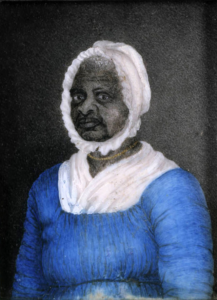The End of Slavery in Massachusetts: How the Power of Law Fulfilled the Promise of Justice

In the same year that the American Revolution officially ended and the Treaty of Paris was signed — 1783 — the Commonwealth of Massachusetts effectively abolished the institution of slavery. Some 80 years before the signing of the Emancipation Declaration and 82 years before the last enslaved individuals in Galveston, Texas were freed in 1865, Massachusetts determined that enslaving Black men and women was incompatible with its new state constitution and ended the barbaric practice. And all of it was achieved through the legal system, not through armed conflict.
This, of course, does not excuse the participation of the Commonwealth in an institution that has wrought so much damage on generations of Black Americans. Massachusetts, like our nation as a whole, must grapple with the destructive legacy and lasting trauma of slavery and with the massacres and forced relocations of Native and indigenous people within our borders.
But as we celebrate Juneteenth on June 19, which marked the unequivocal termination of the abhorrent practice in the United States, it is also worth knowing the history of slavery’s end in Massachusetts — and how the legal system and two courageous individuals played a pivotal role in it. (more…)
